Do You Have a Reciprocal Relationship with Your Staff?
The best relationships in life are reciprocal – and that counts for the workplace as well. When you help your employees to achieve their dreams, they in turn help you to achieve yours.
In the last few years, businesses have been put through the wringer, and on top of that, we’ve seen a worldwide trend of employees quitting their jobs in droves. Last year, the HR software company, Employment Hero, conducted a survey in which 48% of employees in New Zealand indicated that they’re planning to change jobs in the next year. It is crucial, more than ever, to make sure you retain your best employees.
How Can You Support Your Employees?
There are many ways you can support your employees, but here are a few tips to get you going:
- A comfortable workspace: Whether it’s a comfortable chair, the right tools to do the job, a clean break room, or support when they need to work from home, a comfortable workspace will make your employees feel supported and increase their productivity.
- Acknowledgements and rewards: It’s certainly not coming as a shock – everybody loves being recognised for their hard work and achievements. People need to feel that they have a purpose, and when they’re being acknowledged for their good work, your staff will feel like they’re living up to that purpose.
- Open and honest communication: Your employees want to know where they stand with you. They want to know what is expected of them, and whether they’re meeting those requirements. They also want to feel comfortable being able to say what they think and share their ideas.
- Growth opportunities: Whether it is getting better at their jobs, or having the opportunity to climb the ladder, your staff wants to be able to develop and grow their skills. Without the possibility of growth, they’ll soon become disconnected and bored with their work.
And thanks to Covid…
- Support when sick or having to self-isolate: With Omicron in the community, we’re going to see a lot more self-isolation needed in the next couple of months. For staff that can work from home while they’re isolating, helping them to set up their remote workspace and calling every so often to check in with them would go a long way in solidifying their commitment to their work.
Of course, as an employer, the financial burden on you can be quite significant if a bunch of your employees need to self-isolate, especially if they can’t work from home. To help with that, the government has introduced a leave support scheme. Additionally, they’ve introduced another financial support scheme for businesses struggling because of Omicron. Check out this article for more details.
How Strong Is Your Relationship with Your Team?
It can be a challenge to stay competitive in today’s job market. Maybe your star employees are quitting in search of greener pastures, and you don’t know what to do about it. Well, that may be a sign that your organisation is lacking one of these supporting elements. It may be a good time to give these ideas a chance, and chat to your employees to hear what other ideas they have. Together, you can build a stronger, open, and more reciprocal relationship with each other.
